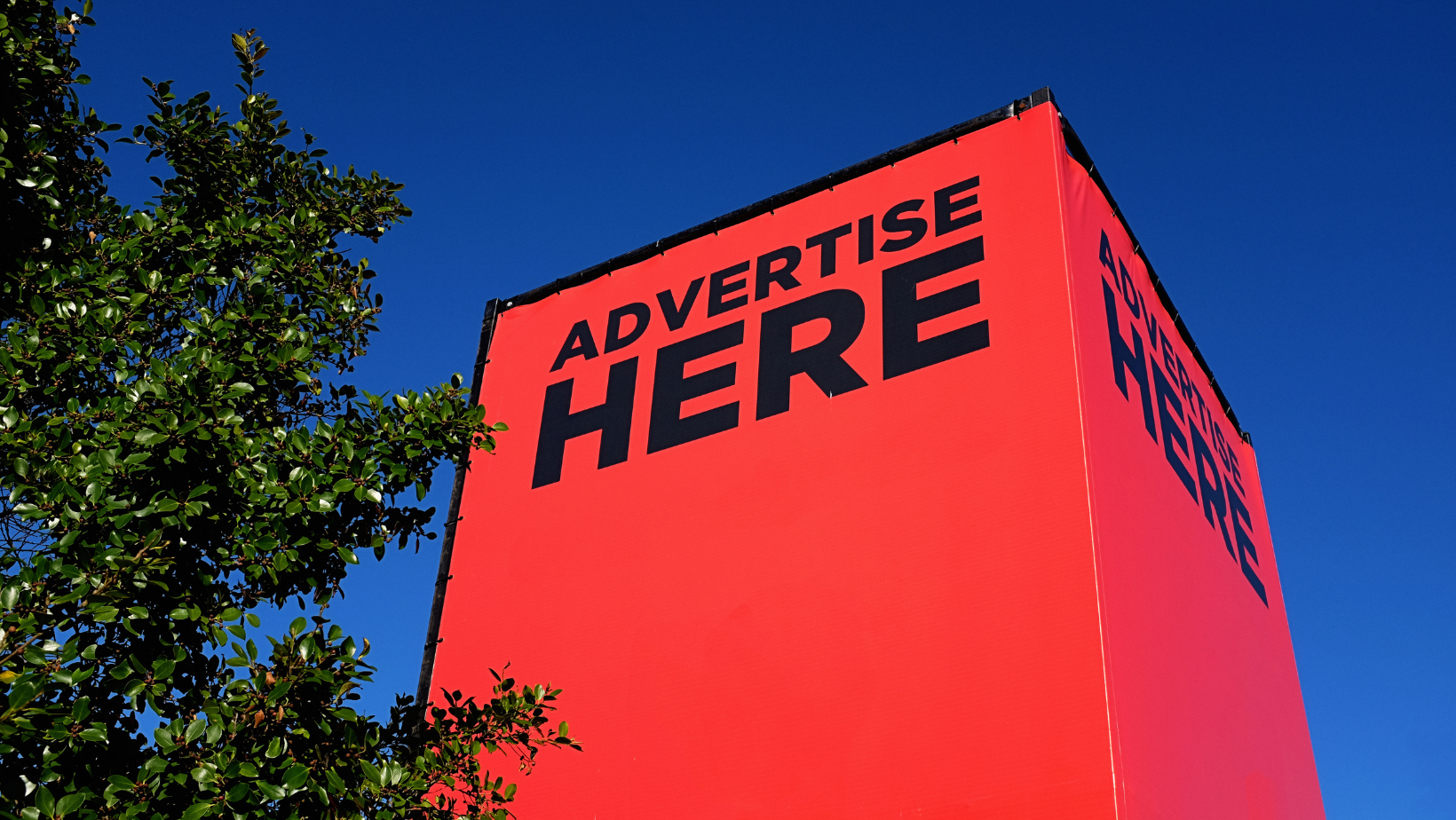Welcome to the DEI+ Campaign Spotlight, where we highlight various campaigns that embed DEI strategies into their marketing plans. By sharing these ideas and sparking a conversation around DEI, our society can continue to both learn and unlearn our ever-changing consumer trends.
In our previous DEI+ Campaign Spotlight, we explored how Vaseline’s See My Skin campaign tackled the issue of healthcare inequalities for people with melanin-rich skin by creating a database in collaboration with HUED and VisualDx. Through their collaboration with other organizations and industry stakeholders, the brand was able to work towards improving a systematic issue by imparting education, resources, and connections to culturally-sensitive healthcare providers. These actions led to them creating over 3 million equitable skincare experiences and earned them trust from the community.
This Week's Campaign Highlight: Our Place's User Holiday Festivities campaign
This week we’re moving our spotlight over to Our Place's Holiday Festivities campaign. For the promotion, Our Place invited a number of content creators to share their favorite dishes to eat during various holiday seasons, including but not limited to Diwali, Eid and Lunar New Year.
Our Place was founded two months before the pandemic by a wife-and-husband team, one of whom being Shiza Shahid (who is well-known for leading the Malala Fund, an international non-profit organization that fights for girls' education). The impetus came from Shahid’s own personal experiences as an immigrant in America and how she bonded with her loved ones by sharing the various foods and dishes that reminded them all of home.
“We started Our Place because as immigrants we literally found our place in America by cooking and sharing food—having our friends come over and sharing our culture with them. We believe that there is something really powerful about the way in which home cooking connects us.”
Since their company’s inception in 2019, Our Place has raised a total of $2.4 million in funding, ran a bold political ad campaign, and mastered the art of user-generated content on Instagram — all of which contributed to redefining American consumers and American culture through non-stick pans.
The Key to Our Place’s Successful Campaign — Embracing Multiculturalism through Representation
What made Our Place as successful as it is now? Simply put, they embraced cultural differences and provided space to represent the multitude of cultural backgrounds that make up the American demographic.
“We make many decisions every day, and those decisions have an impact. How do we make better decisions across the board? That's everything from hiring and building a team that today happens to be predominantly female, BIPOC and immigrant or first-gen, putting representation front and center in the brand – not just in front of the camera, but behind the camera – to making sure that, when we tell the story of a tradition, we're partnering with and contributing to the community. Sourcing our products thoughtfully, packaging our products with biodegradable materials, offsetting a portion of our carbon footprint and actively working to reduce it, giving back to causes such as food justice and immigration reform. We're looking at every decision as a chance to do something better. That's not to say we're perfect – nobody is. But we're always trying really hard.” - Shiza Shahid, CEO of Our Place
One way that Our Place embeds DEI+ values into their business plan is by amplifying marginalized community members’ voices, particularly by having diverse content creators share their stories through user-generated content.
The largest source of population growth in the last decade has been from underrepresented groups, the likes of which representing a total buying power of over $5 trillion. Additionally, only 52% of Gen Z, the largest and most diverse media users yet, identify as non-Hispanic white, compared to 61% of millennials when surveyed in 2002. However, despite the shift in demographic, only 5.2% of total ad spend is allocated to multicultural media spending.
Using social media — and in particular influencer and affiliate marketing — to their advantage, Our Place was able to promote their “The Always Pan” to this shifted demographic by creating aesthetic and personal interactions with them. The brand understood that consumers are interested in high-quality lifestyle content, relatable user-generated content (or UGC), and infographics that provide equal doses of education, entertainment, and inspiration. Although the content doesn’t intuitively drive purchase behavior in and of itself, forging a strong relationship between the brand and the target consumer does lead to a higher potential LTV.
Our Place did an amazing job understanding consumer habits and trends, and they combined it with a personal aspect as well. Even the founder herself actively contributed to their social media content, such as when she shared her favorite meals during Diwali. When brands, content creators, and consumers join together to share their own personal stories through the lens of cooking and cuisine, an authentic and strong community is born.
Additional Learning Resources:
- Influencer Intelligence: Our Place X Selena Gomez Case Study
- Forbes: How to Show a Diversity Commitment with Use- Generated Content (UGC)
- AdAge: User-Generated Content–The Next Frontier For Diversity in Branding








